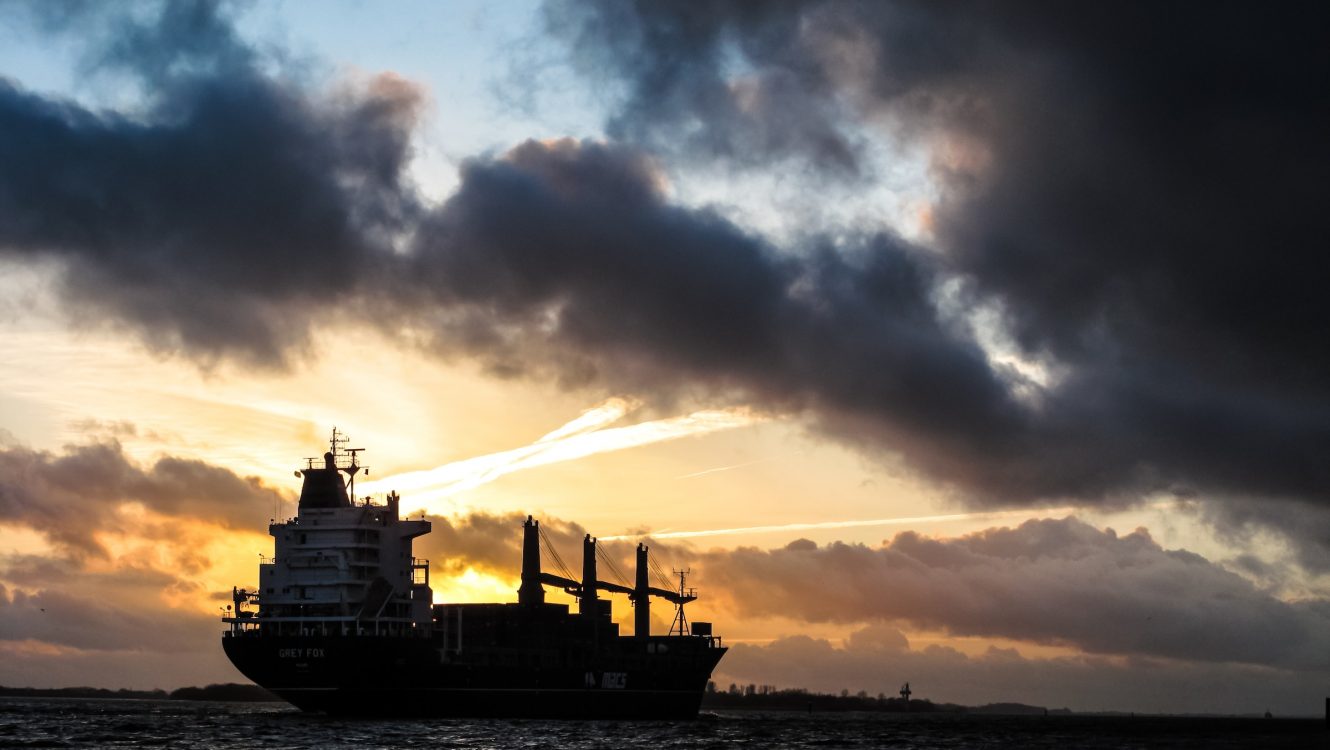Green Tides: Denmark’s Pioneering Methanol-Powered Ship Revolutionizes Maritime Industry
Amidst a sparkling cerulean sea and an audience eagerly awaiting history to unfold, Denmark introduced the world to its “first green container ship” – Laura Maersk. This momentous event, held on 14 September and attended by none other than the European Commission president Ursula von der Leyen, is expected to usher in a new era of eco-conscious maritime transport.
Sailing Towards a Sustainable Horizon
The international shipping industry, responsible for approximately 3% of global greenhouse gas emissions, is vigorously working towards its ambitious net-zero target by 2050. The christening of Laura Maersk is a significant stride in this direction. Owned by the renowned Danish company Maersk, this 172-meter long majestic vessel will be the first container ship to be fully powered by green methanol.
“This ship, this moment, signifies Europe’s unyielding commitment to combating climate change,” remarked von der Leyen, during the launch ceremony in Copenhagen. Reflecting on her tenure’s initial days, she reminisced, “The very thought of a net-zero shipping industry seemed like a distant dream.” She commended Maersk for their visionary approach, aligning with the European Green Deal.
Green Methanol: A Beacon of Sustainable Energy
Green methanol, a clear liquid capable of fuelling engines, derives its eco-friendly tag when manufactured from low-carbon sources such as hydrogen or biomass. When pitted against conventional fuels like diesel or gasoline, green methanol boasts a formidable 60-95% reduction in CO2 emissions, as indicated by the Methanol Institute. Moreover, its diminished sulfur content helps combat air pollution and acid rain.
However, this promising fuel source has its fair share of challenges. The World Economic Forum has flagged the cost factor, with green methanol’s production still proving pricier than its fossil fuel counterpart. Furthermore, owing to its toxic and flammable nature, it necessitates meticulous storage and handling.

So far, we have to use traditional fossil fuels
Growth Trajectory of Green Methanol
Although green methanol’s current production levels are modest (less than 0.2 million tonnes annually) compared to conventional methanol (98 million tonnes), the burgeoning interest in this eco-friendly alternative spells a promising future.
Beyond the maritime industry, countries like China have begun integrating green methanol into their public transport systems. The Danish conglomerate A.P. Moller, alongside Maersk, has inaugurated C2X, a venture exclusively dedicated to clean methanol, aiming to churn out an impressive three million tonnes annually by the end of this decade. Strategic green methanol ventures in Spain’s Huelva port and Egypt’s vicinity to the Suez Canal are expected to bolster these efforts.
The Voyage Ahead for Laura Maersk
Following its inaugural journey from South Korea to Denmark, Laura Maersk will remain anchored at Copenhagen’s Toldboden area for another week, serving as a practical learning ground for Maersk’s seafarers. They will glean insights into managing novel engines and utilizing green methanol as fuel.
In her ceremonial address, von der Leyen also drew attention to Europe’s emphasis on clean hydrogen, with an ambitious annual production and import target of 20 million tonnes by 2030.
Conclusion
Laura Maersk, a name steeped in maritime legacy, encapsulates the spirit of change. Just as the original steamship “Laura” signified an industrial evolution in 1886, today’s Laura Maersk heralds a sustainable revolution. As von der Leyen aptly concluded, “Through decarbonizing shipping, we not only champion climate change but also unlock new industries, supply chains, and a myriad of job opportunities.”
The global maritime community now keenly observes the success of this initiative, hopeful that green methanol will be the lighthouse guiding ships towards a cleaner, greener future.
©globalgreenhouse.eu


